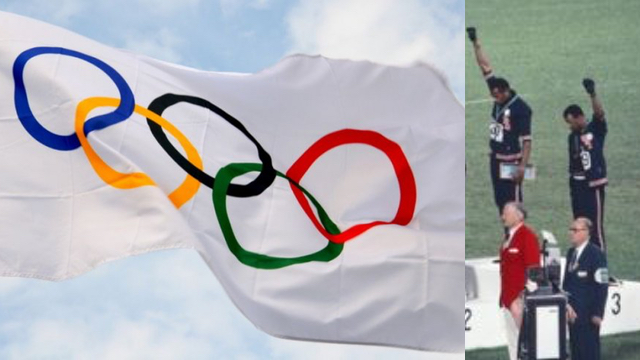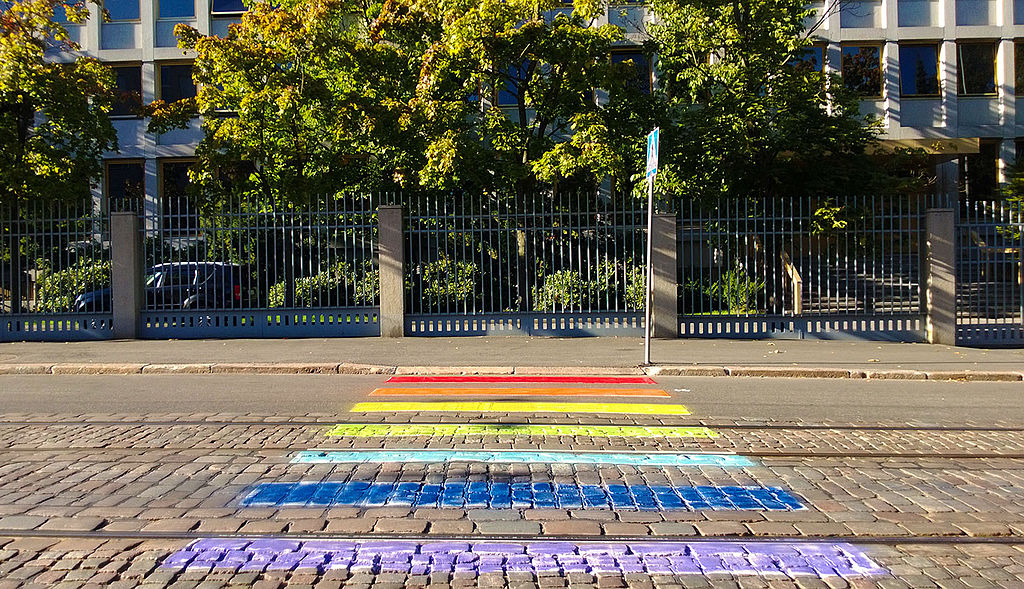The Olympic Charter states that ‘The practice of sport is a human right’. Indeed, the principles of Olympism – those of the equality of athletes and freedom from discrimination – are some of the same principles that underpin human rights law.
But human rights crop up in the Olympics in other ways too. On this last day of the 2016 Rio Olympics, we look at six of the most memorable human rights moments to feature on the global Olympic stage.
-
Berlin 1936 – Jesse Owens’ Success Counters Hitler’s “Master Race” Theory
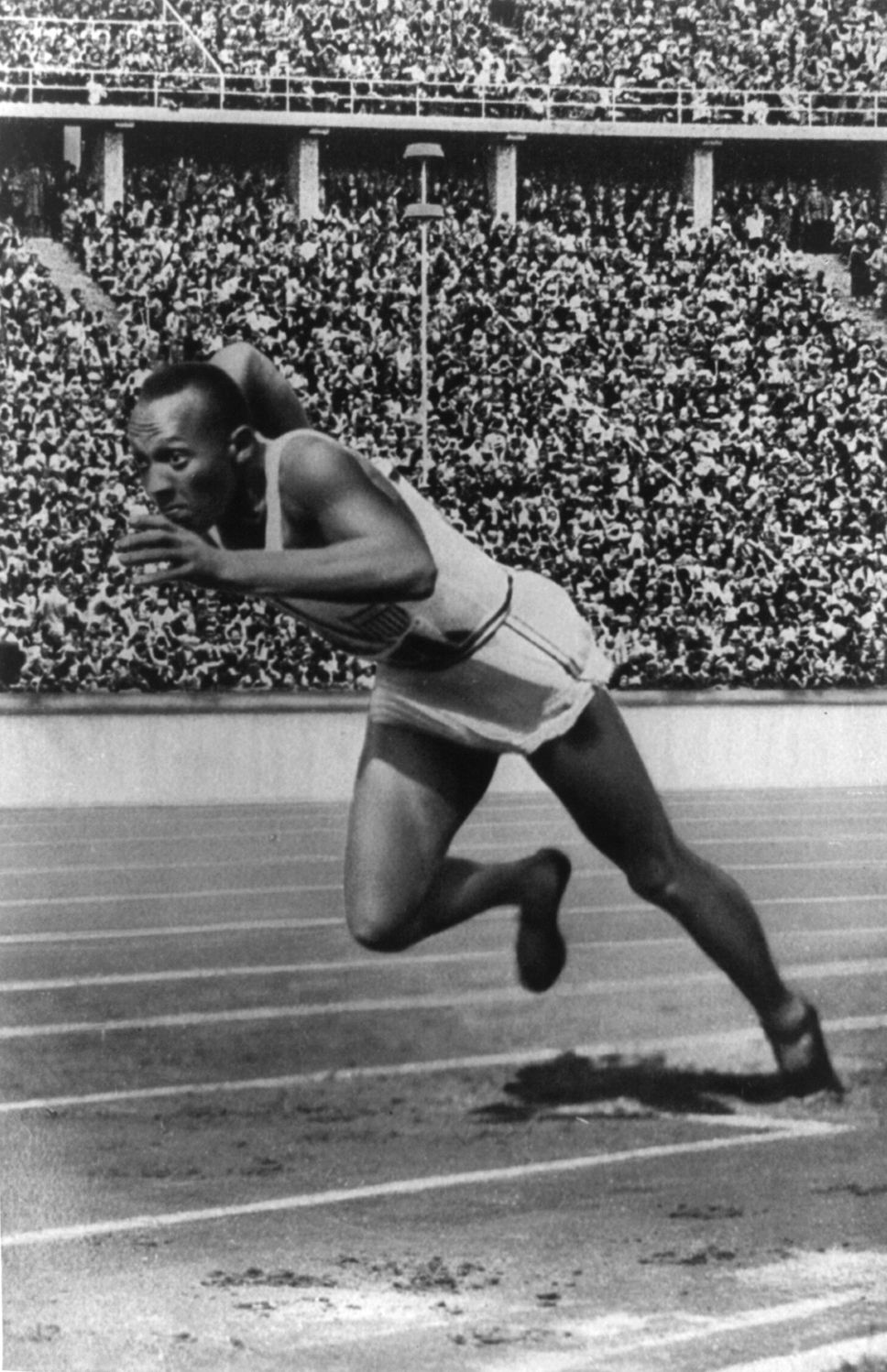
Black athletic prodigy Jesse Owens was born in the United States of America in 1913. He shot to global fame when his performance at the 1936 Olympics in Berlin earned him four gold medals in track and field events – an achievement no American had accomplished before.
But Owens’ real feat was to compete in and win at the Olympic Games in Nazi Germany, which Reich Chancellor Adolf Hitler had tried to use to demonstrate his belief that the German ‘Aryan’ people were the dominant race. Owens’ quadruple win affirmed that individual excellence, rather than race or national origin, distinguishes one person from another.
-
Atlanta, USA, 1996 – Cathy Freeman Becomes Second Australian Indigenous Olympic Medallist
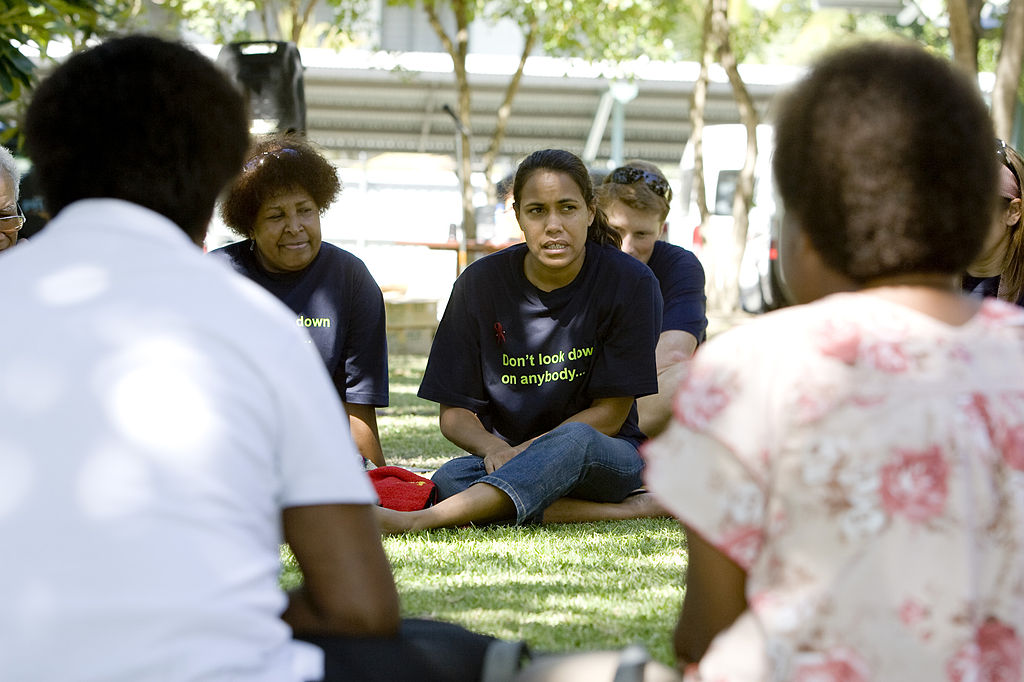
Australian sprinter Cathy Freeman was the second female Indigenous competitor from her country to win an Olympic medal at the 1996 Atlanta games. Although not quite the first (that title goes to swimmer Samantha Riley who won a bronze medal at the 1992 Barcelona games), the positive work Cathy has done on Indigenous people’s rights following her Olympic success has won her a place on our Olympics human rights wall of fame.
Indigenous peoples face a wide range of challenges to their human rights including systematic discrimination, denial of their land and territorial rights and inadequate access to essential services. In 2007 Cathy set up the Cathy Freeman Foundation to help Indigenous children and their families recognise the power of education and achieve their goals and dreams.
3. Beijing 2008 – 1.5 Million People Forcibly Evicted From Their Homes
A 2007 report by Geneva-based NGO Centre of Housing Rights and Evictions indicated that an estimated 1.5 million people had been forcibly evicted by the Chinese government in the run up to the 2008 Beijing Olympics.
The evictions were said to involve the complete demolition of people’s houses. The procedure was reportedly characterised by arbitrariness and lack of due process, with judges often refusing to hear forced eviction cases because of pressure from local or higher officials. In the UK, Article 1 of Protocol 1 of the European Convention on Human Rights protects you from having your property arbitrarily or unjustly taken away from you. Article 6 protects you from unfair trials.
4. Mexico City 1968 – Olympics Black Power Salute
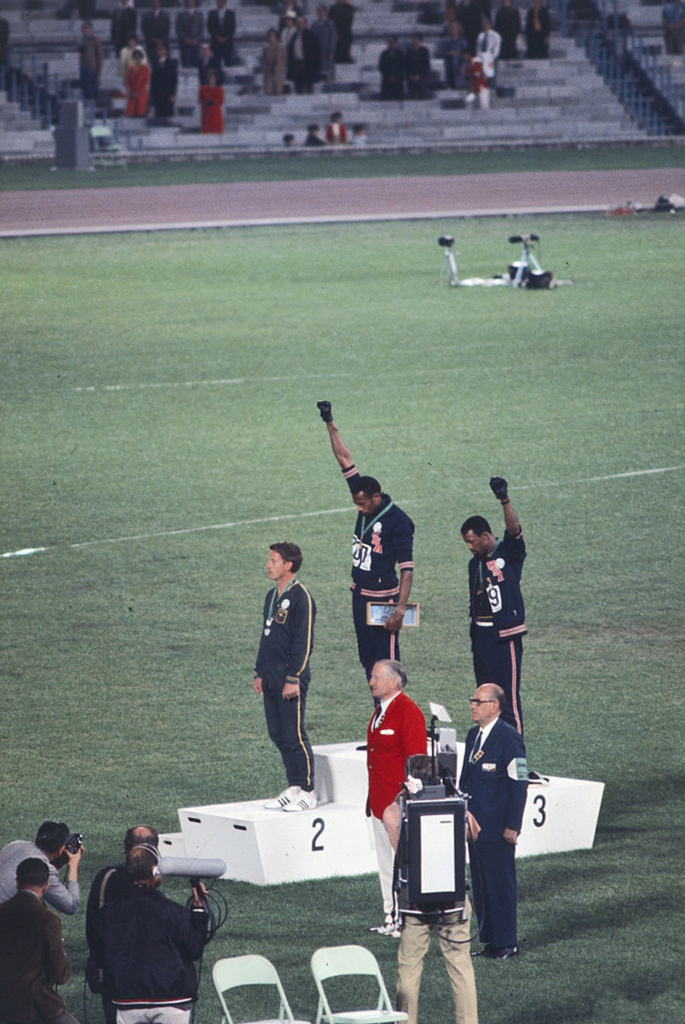
When the US national anthem “The Star-Spangled Banner” came on at their 200 meter sprint medal ceremony, gold and bronze winners Tommie Smith and John Carlos raised their black-gloved fists in the air until the anthem had finished. The pair and Australian silver medallist Peter Norman all wore human rights badges on their jackets. Although generally seen as a “Black Power” salute, Smith later stated in his autobiography that this moment was actually a “human rights salute”.
5. Sochi Winter Olympics 2014 – LGBTQ Rights Protests
When Russia passed a law in 2013 ahead of the Winter Olympics in Sochi, banning the distribution of “propaganda of non-traditional sexual relationships” among minors, it sparked a wave of global protests and boycotts in support of gay rights. The law was understood to be broad enough to ban any public display of LGBTQ symbols and suppress LGBTQ culture.
US President Barack Obama was not present in the US delegation to the games, which included a number of openly gay athletes. When asked about this in a TV interview, Obama replied that:
there is no doubt we wanted to make it very clear that we do not abide by discrimination in any forms, including discrimination on the basis of sexual orientation. One of the wonderful things about the Olympics is that you are judged by your merit, how good you are regardless of where you come from, what you look like, who you love and that I think is consistent with the spirit of the Olympics.
-
2016 Rio de Janeiro Games – Refugee Olympic Team
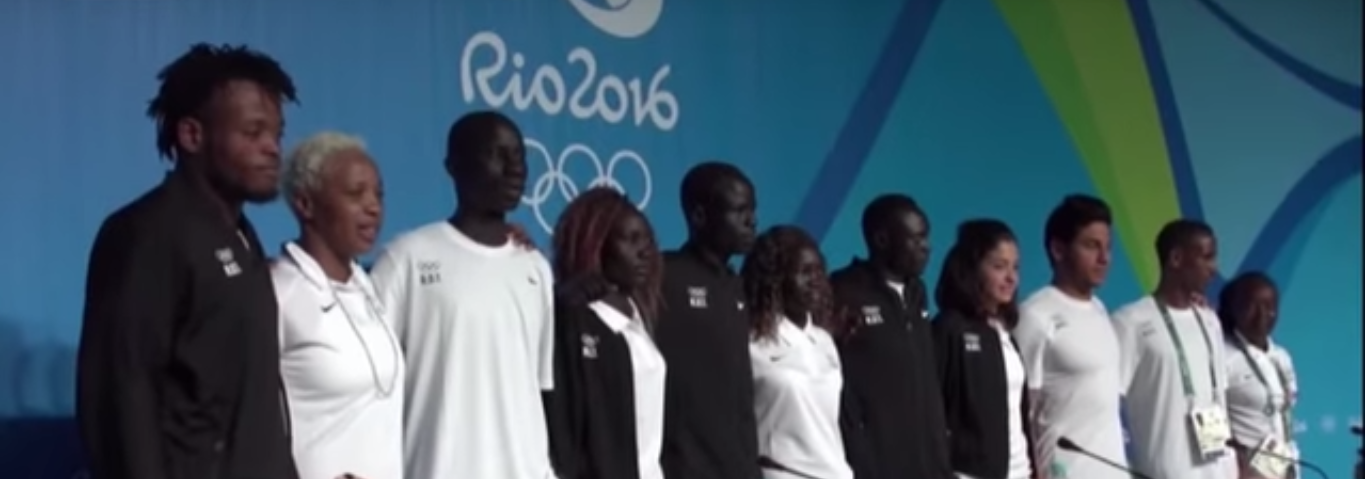
The 2016 Olympic Games in Rio de Janeiro, Brazil, are the first ever to feature a Refugee Olympic Team. The Olympic Committee says they will “act as a symbol of hope for refugees worldwide and bring global attention to the magnitude of the refugee crisis when they take part in the Olympic Games Rio 2016 this summer.” Due to the nature of refugees’ displacement from their home country, they often have difficulty realising their human rights. Read our Explainer for more information.
With thanks to Stuart Wilson from To Do List for the many suggestions that feature in this list.
To find out more read:
- Our Poster on No Discrimination
- Our Explainer on How Human Rights Fight Race Discrimination
- Our Explainer on What is a Refugee & How Are They Protected
- Our recent post on Black Lives Matter UK

